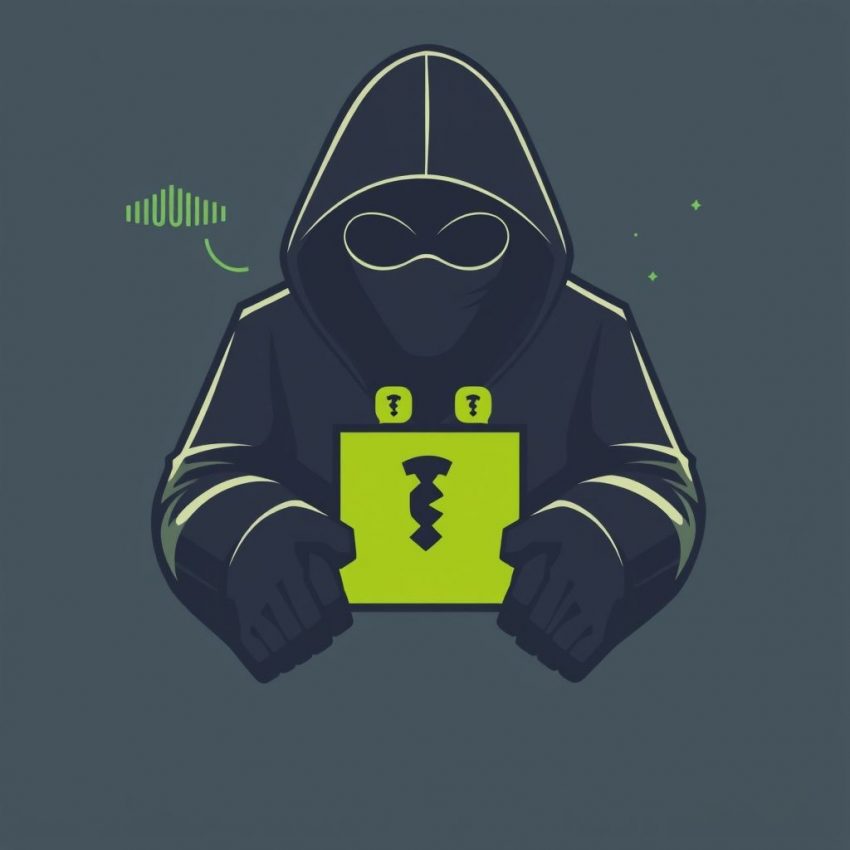Following the Breadcrumbs: Microsoft Credits EncryptHub, Hacker Behind 618+ Breaches, for Disclosing Windows Flaws
The cybersecurity world is a complex landscape of ethical hackers, malicious actors, and the companies caught in between. Recently, Microsoft publicly acknowledged and credited EncryptHub, a hacker group previously known for over 600 data breaches, for responsibly disclosing critical vulnerabilities in Windows. This unusual turn of events raises important questions about the evolving relationship between tech giants and the hacker community.
EncryptHub, previously identified by cybersecurity researchers as a prolific data extortion group, gained notoriety for breaching and leaking data from hundreds of organizations. Their tactics typically involved exploiting known vulnerabilities and demanding ransom payments. So, why the sudden shift to responsible disclosure with Microsoft?
While the full story remains shrouded in secrecy, several theories are circulating. One possibility is a genuine change of heart. Perhaps EncryptHub, facing increased scrutiny and potential legal repercussions, decided to adopt a more ethical approach. Another theory suggests a strategic move – gaining credibility by assisting a major player like Microsoft could potentially deflect future attention and investigations. A third, and perhaps more cynical, view posits that EncryptHub might have discovered vulnerabilities too complex to exploit for profit, opting instead to disclose them to Microsoft for potential bug bounty rewards or simply to cause disruption.
Regardless of their motivation, EncryptHub's disclosure has undeniably benefited Microsoft. The vulnerabilities they reported, which reportedly affected multiple Windows versions, could have had severe consequences if exploited by malicious actors. Microsoft acted swiftly, patching the flaws and acknowledging EncryptHub's contribution in their security advisories. This public acknowledgement, however, is a double-edged sword.
On one hand, it reinforces Microsoft's commitment to security and their willingness to collaborate even with previously adversarial groups. It sets a precedent for other hackers, demonstrating that responsible disclosure can be a viable path, even with a checkered past.
On the other hand, acknowledging a group like EncryptHub could be interpreted as tacit approval of their previous actions. It raises concerns about whether rewarding hackers, even for responsible disclosure, might inadvertently encourage others to engage in malicious activities with the hope of a future "redemption arc."
This situation highlights the complexities of the modern cybersecurity landscape. The line between "black hat" and "white hat" hackers is often blurred, and companies like Microsoft are forced to navigate these murky waters to protect their users. While crediting EncryptHub for their responsible disclosure is a pragmatic move, it also opens up a broader conversation about how we engage with the hacker community and the incentives we create for ethical behavior.
The future will tell whether this is an isolated incident or the beginning of a new trend. Will other malicious actors follow EncryptHub's lead? Will Microsoft's approach become a standard practice across the industry? Only time will tell. One thing is certain: the relationship between tech companies and the hacker community will continue to evolve, and it's a relationship we must carefully observe and analyze.
Don’t miss out on this exclusive deal, specially curated for our readers! Project Cloud Leather Womens Sneakers
This page includes affiliate links. If you make a qualifying purchase through these links, I may earn a commission at no extra cost to you. For more details, please refer to the disclaimer page. disclaimer page.

